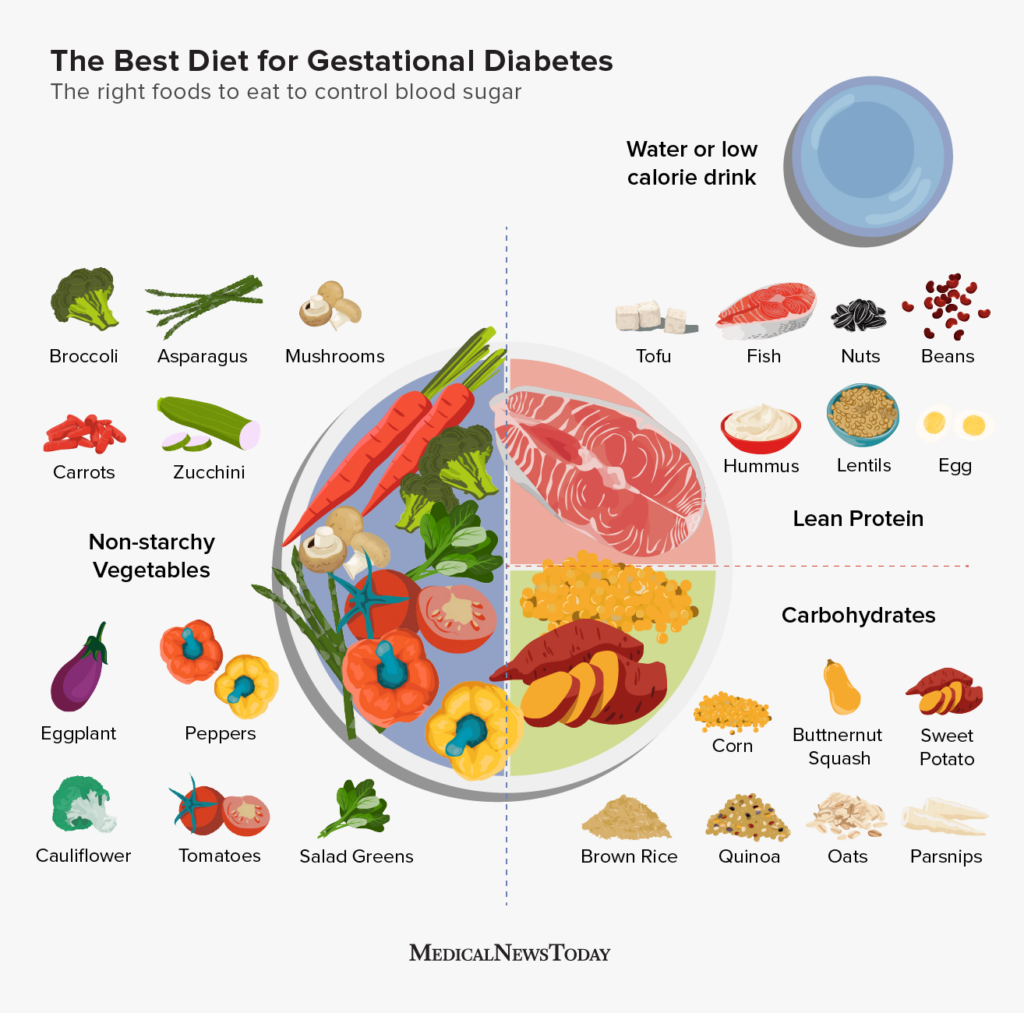- September 18, 2024
- Diabetes Kenya
- Comment: 0
- Gestational Diabetes, Life With Diabetes
Managing Your Diabetes During Pregnancy
Managing diabetes during pregnancy can feel like a full-time job. With numerous appointments, tests, and scans, keeping blood sugar levels in a safe range requires effort. But this hard work is crucial for reducing the risk of complications and increasing the likelihood of a successful pregnancy and a healthy baby.
In Kenya, similar to other regions, women with diabetes can access healthcare services to support them during this critical period. The key to managing diabetes during pregnancy is staying informed and connected with your healthcare team. It’s essential to plan ahead and get regular support.
Before and During Pregnancy
Whether you’re planning your pregnancy or it happens unexpectedly, the first step is to contact your healthcare team. In Kenya, many healthcare facilities, both public and private, offer specialized services for pregnant women with diabetes. Your doctor will discuss:
For those with unplanned pregnancies, reaching out for support as soon as possible is crucial. Healthcare professionals across Kenya can provide you with the information you need to make decisions that are best for you and your baby.
Maintaining Blood Sugar Levels
During pregnancy, keeping your blood sugar levels within the target range is critical. You’ll likely need to monitor your levels more frequently. Some common targets include:
- Before meals: below 5.3 mmol/l.
- One hour after eating: below 7.8 mmol/l.
- Two hours after eating: below 6.4 mmol/l.
Your healthcare team will adjust these targets to fit your specific needs. In Kenya, many facilities offer continuous glucose monitoring (CGM) technology, which allows for real-time blood sugar tracking. If this technology is available to you, it can be a game-changer in managing your diabetes during pregnancy.
Using Diabetes Technology
For women with Type 1 diabetes, CGM may be offered free of charge in some settings. If you have Type 2 diabetes or gestational diabetes and experience severe hypoglycemia, CGM may also be an option. CGM technology helps you maintain better control over your blood sugar levels, ultimately reducing the risk of complications.
Healthy Eating
Eating a healthy, balanced diet is essential for both you and your baby. Morning sickness or loss of appetite can complicate things, but it’s important to try small, regular snacks that include carbohydrates, such as plain biscuits or crackers. If you use insulin, keep taking it, even if you’re not eating much. In Kenya, access to healthy foods may vary, but working with a nutritionist or your healthcare team to plan meals can make a difference.

Staying Active
Physical activity can help manage your blood sugar levels and reduce stress. Regular walking, swimming, or pregnancy yoga can be beneficial. In Kenya, local community groups and healthcare centers may offer prenatal exercise classes.

Avoid Alcohol and Smoking
It is safer not to drink any alcohol during pregnancy, as it increases the risk of harm to your baby. Additionally, smoking is harmful and can deprive your baby of oxygen. Many Kenyan hospitals and health centers offer resources and support to help you quit smoking if needed.
What to Expect at Delivery
Your healthcare team will guide you on the safest delivery method, whether it’s natural birth, induced labor, or a cesarean section. In many cases, women with diabetes may be induced between 37 and 39 weeks to reduce risks to the baby. Your team will monitor your blood sugar levels throughout delivery, and you may need an insulin and glucose drip to keep levels stable.
Support and Resources
In Kenya, numerous healthcare centers and diabetes clinics are available to support women with diabetes during pregnancy. Whether you’re in Nairobi or in more rural areas, staying in regular contact with your healthcare team is key. Additionally, online forums, such as the Kenya Diabetes Support Group, can provide a sense of community and peer advice. You are not alone in this journey, and with the right support, you can manage your diabetes and have a healthy pregnancy.




